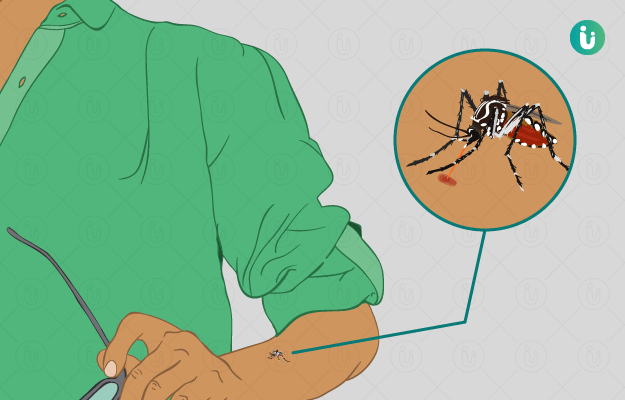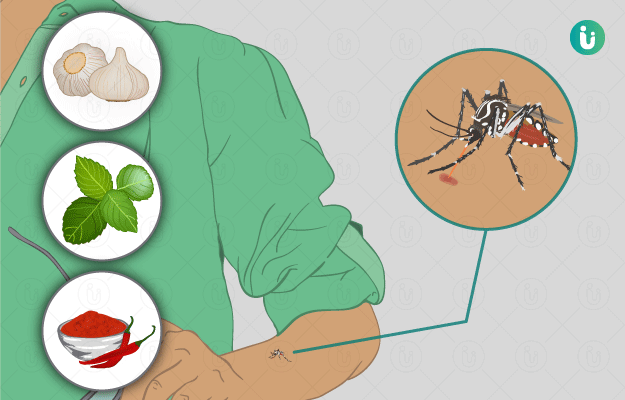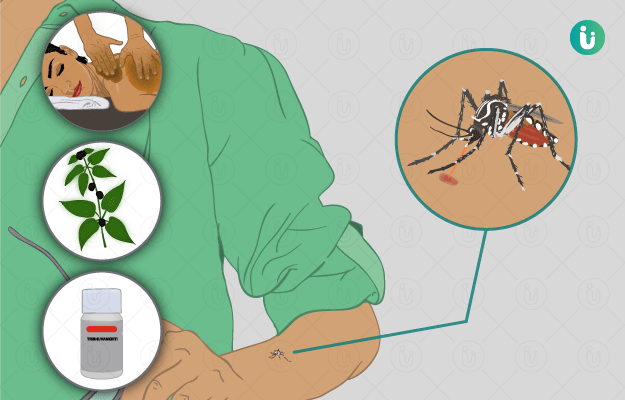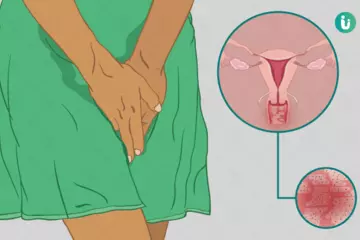Summary
Chikungunya is a viral disease transmitted by the Aedes mosquito. There have been reports of a significant increase in the outbreaks of chikungunya in Africa, Asia, India, the Caribbean, and Central and South America in the last decade. Most of the people bitten by the mosquito harbouring the Chikungunya virus tend to show the symptoms. The symptoms include fever and joint pain, which can get severe. Most people begin to recover from the disease within 7-10 days. Newborns and the elderly are at a higher risk of developing complications. The Aedes mosquito thrives and breeds in stagnant water collected in the surroundings. Hence, to reduce the risk of getting the disease, it is important to keep the surroundings clean and dry. Any water in the coolers, flower pots, vases, or aquariums must be drained and replaced with fresh water at least 3-4 times a week to prevent the breeding of mosquitoes in it. Other preventive measures include using mosquito nets, mosquito repellent ointments/creams, and wearing protective clothing. There is no vaccine to prevent and no medication to cure chikungunya. Therefore, the treatment focuses on reducing the symptoms. The symptoms of chikungunya and dengue are quite similar with fever being common in both. So, it is possible to confuse one disease with the other. Hence, a proper diagnosis is critical to initiate treatment. Following a proper course of treatment and recovery, the symptoms usually subside within 2-3 weeks. Complications from chikungunya are rare and preventive strategies can be very helpful in controlling chikungunya outbreaks in the vulnerable communities.

 Doctors for Chikungunya
Doctors for Chikungunya  OTC Medicines for Chikungunya
OTC Medicines for Chikungunya
 Chikungunya articles
Chikungunya articles

 Ayurvedic Treatment of Chikungunya
Ayurvedic Treatment of Chikungunya
 First Aid for Chikungunya
First Aid for Chikungunya
 Home Remedies for Chikungunya
Home Remedies for Chikungunya
 Homeopathic Treatment of Chikungunya
Homeopathic Treatment of Chikungunya



































 Editorial Team
Editorial Team


 Dr. Rachita Narsaria
Dr. Rachita Narsaria

 Dr. Laxmidutta Shukla
Dr. Laxmidutta Shukla











